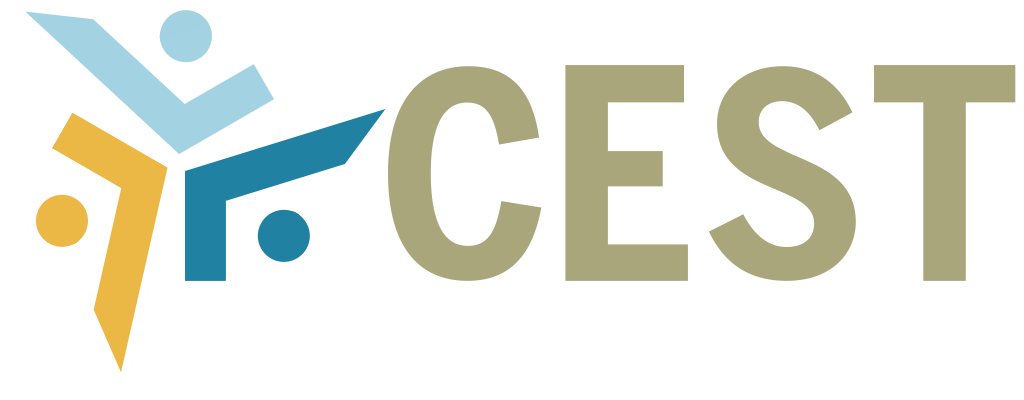Standards
What is the role of the ICT technical standards in the development of smart cities? Initiatives to understand the context of the use of ICT standards in the context of “Smart Cities” are proliferating worldwide The ITU-T has a Focus Group on Smart Sustainable Cities
more information here The IEC has a System Evaluation Group in Smart Cities more information here ISO / IEC JTC 1 has a Study Group on Smart Cities more information here The ISO has publications on Smart Cities more information here
How is Brazil (academia, government, private sector, national standardization bodies) positioning itself in this global discussion and how this should be part of the development indicators of countries in the future? What actions can be taken in Brazil so that we are not merely passive observers in the discussion?
Open Data catalogs and attached applications ecosystem
Open Data is a crucial topic when we think on how we can generate social benefits from technology. With the advance of current legislation towards openness for data created in all levels of public sector and regulatory agencies and also considering the advance of Internet of Things, with sensors being able to capture a huge amount of raw data that can be combined with other datamarts from multiple sources, we are on a moment where it is possible to offer an API to abstract and inform the location of a large set of public available data. There are different products on the market to create these catalogs such as CKAN, Socrata and OGDI, among others. It would be interesting to study how we can create a circle of positive impact with Open Data, touching the producers of Open Data, the hosters of the catalog, the solution architects, the developers of third-party application and most important, the society as a whole, which would then benefit from the outputs of the activities in this circle. It would also be interesting to study the ethical and societal implications of releasing large quantities of Open Data, including technical, legal and regulatory measures that may help avoid abuse of the data, while at the same time fostering innovation.
- Creative Currencies as Ecosystems of Digital Payments in Iconomy
This proposal relates the research line to the social benefits generated by the technology, which means carrying out several case studies about currencies created locally or socially, backed up by projects of human development, and which can circulate through cellular phones, tablets, computers and sensors. The case studies should deal with solutions that make use of open systems to support the development of a creative economy, as well as with the legal issues related to the use of these currencies and the data created and stored in technological systems that back up the new economy. The Internet of Things, in which objects, sensors, data, images and software are admixed, allow for the creation of virtual or hybrid worlds, new currencies related to a new creative economy – or iconomy – and which can take a place in the virtual world making use of systems open to its sustainability.
Socio-technical impact of Open Source software and proprietary software in organizations
Socio-technical approaches to measure how technology impacts the human environment is gaining the attention of many researches around the world. Formal systems often extend their boundaries and influence the daily activities of the actors responsible to interact with them. It is usual to people to refer to part of organizational problems as “system problems” or “system impossibilities” so the real process should be adapted to an IT system instead of the other way around. Usually people try to bypass these formalisms and develop parallel rules outside the formal models in order to be able to re-take their flexibility or better answer business needs. This study aims to evaluate and compare if there is a difference in the social-technical impacts in organizations driven by the software development model.
Alternatives for High Performance Computing using OSS on cloud environments
HPC is usually implemented with vertical processing power in symmetric multi-processing systems (SMP). In recent years, approaches to consolidate many units with lesser dense SMP systems in horizontal farms of grid computing has offered another approach to deal with HPC. More recently, with organizations demanding to handle a large volume of data in real time, the use of grid solutions is coming to enterprises. This study aims to design a best practice guide to implement a HPC environment based on cloud computing, using all the features that could better use the distributed capacity of computing nodes in a single datacenter and even across the globe. Open Source software such as Hadoop and multiplatform MPIs can be evaluated as technologies to take place in this study as implementation scenarios.
Open Standards in cloud computing
Brazil is part of the ISO subcommittee for open standards in cloud computing through ABNT. This study aims to contribute to the discussions currently in place in this group offering a perspective based on field research with companies regarding what should be important to normalize across cloud providers in topics as: SLA, terms and taxonomies, quality of services and other areas.
Open Source in enterprises – team skills and interoperability issues
The real IT environment is organizations is always mixed and heterogeneous, composed by software from different vendors, including Open Source. This study aims to create a field research and try to measure in companies with different sizes and from different segments the key challenges of managing a mixed environment. It could also measure how companies are dealing with interoperability issues concerning roles and responsibilities, risk management and business processes continuity plans.
Would you consider suggesting ideas, projects, or partnering?
Contact us clicking here!
 English
English Português
Português
